Mds Treatment In Elderly
Mds treatment in elderly. Stem Cell Transplant for Myelodysplastic Syndrome. The main goal of treatment is to relieve symptoms and avoid complications and side effects. Elderly patients with high-risk MDS can benefit from 5-azacitidine 5-AZA with efficacy and safety profiles comparable with those found in patients under 75 years of age.
High-dose chemotherapy followed by allogeneic haematopoietic stem cell transplantation HSCT is currently the only known potentially curative treatment for MDS but it is rarely taken into consideration in the elderly population. The cure rates range from 30 to 50. The main types of treatment for MDS are.
The treatment options are hypomethylating agents azacytidine and decitabine lenalidomide immunosuppressive agents cyclosporine and ATG allogeneic stem cell transplantation not done commonly supportive care with blood transfusions blood cell growth factors and prevention of infections. Final results of the randomized phase III study of the European Organisation for Research and Treatment of Cancer Leukemia Group and the German MDS Study Group. Chemotherapy for Myelodysplastic Syndromes.
Treatments for MDS Treating your symptoms supportive treatment. Chemotherapy is administered with hypomethylating agents to reduce the DNA methylation that causes abnormal and excessive production of blood cell components. These abnormal blasts crowd out the healthy mature cells.
Low-dose decitabine versus best supportive care in elderly patients with intermediate- or high-risk myelodysplastic syndrome MDS ineligible for intensive chemotherapy. You may also receive palliative treatments similar to those meant to treat the MDS such as chemotherapy see above. Palliative treatments vary widely and often include medication nutritional changes relaxation techniques emotional support and other therapies.
Treatment with hypomethylating agents ie azacytidine decitabine is considered standard therapy for both low-risk MDS cases without 5q- as well as intermediate and high-risk MDS. Unfortunately many people with MDS are older or in poor health and might not be good candidates for a SCT. Mucositis hemorrhages infections and graft-versus-host diseases are.
Growth Factors and Similar Medicines for Myelodysplastic Syndromes. In any patient predictive drug response scores are required in order to ensure more rational use of these medications.
The main goal of treatment is to relieve symptoms and avoid complications and side effects.
In any patient predictive drug response scores are required in order to ensure more rational use of these medications. These abnormal blasts crowd out the healthy mature cells. Treatment with hypomethylating agents ie azacytidine decitabine is considered standard therapy for both low-risk MDS cases without 5q- as well as intermediate and high-risk MDS. Azacitidine is type of medicine known as a hypomethylating agent which is. When SCT is not an option MDS is very unlikely to be cured but it can often still be treated. Treatments for MDS is focused on alleviating the symptoms improving survival rate and preventing progression to acute myelogenous leukemia. Chemotherapy for Myelodysplastic Syndromes. High-risk patients up to age 70 who have no major accompanying illnesses should be offered allogenic stem-cell transplantation with curative intent. Myelodysplastic syndromes MDS mainly affect the elderly population meaning that the majority of patients cannot tolerate intensive therapeutic approaches such as allogeneic hematopoietic stem cell transplantation allo-HSCT.
The treatment options are hypomethylating agents azacytidine and decitabine lenalidomide immunosuppressive agents cyclosporine and ATG allogeneic stem cell transplantation not done commonly supportive care with blood transfusions blood cell growth factors and prevention of infections. Talk with your doctor about the goals of each treatment in the treatment plan. Mucositis hemorrhages infections and graft-versus-host diseases are. Elderly patients with high-risk MDS can benefit from 5-azacitidine 5-AZA with efficacy and safety profiles comparable with those found in patients under 75 years of age. These abnormal blasts crowd out the healthy mature cells. The main goal of treatment is to relieve symptoms and avoid complications and side effects. The medicine lenalidomide can be used to treat a rare type of MDS called deletion 5q or del 5q.
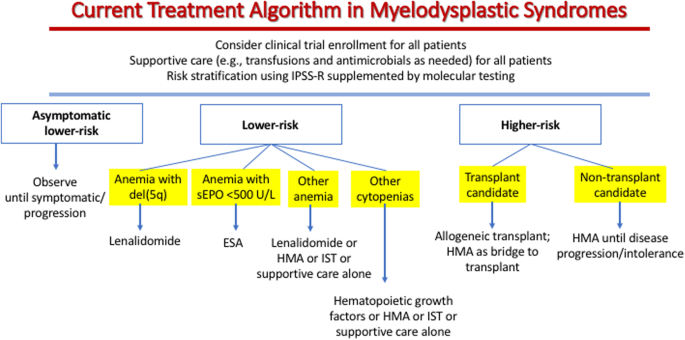





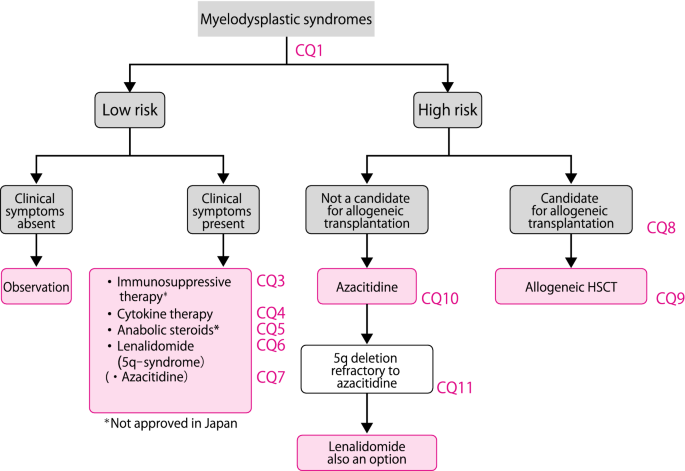










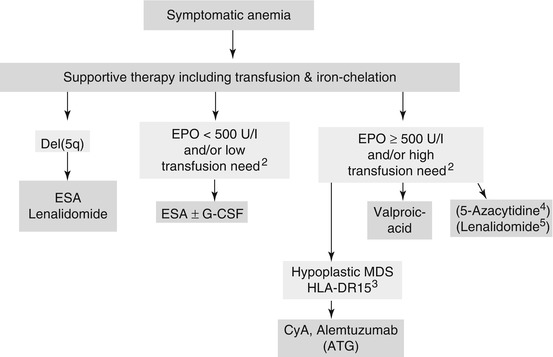

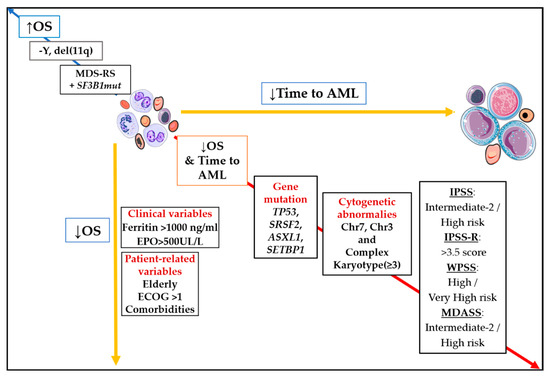



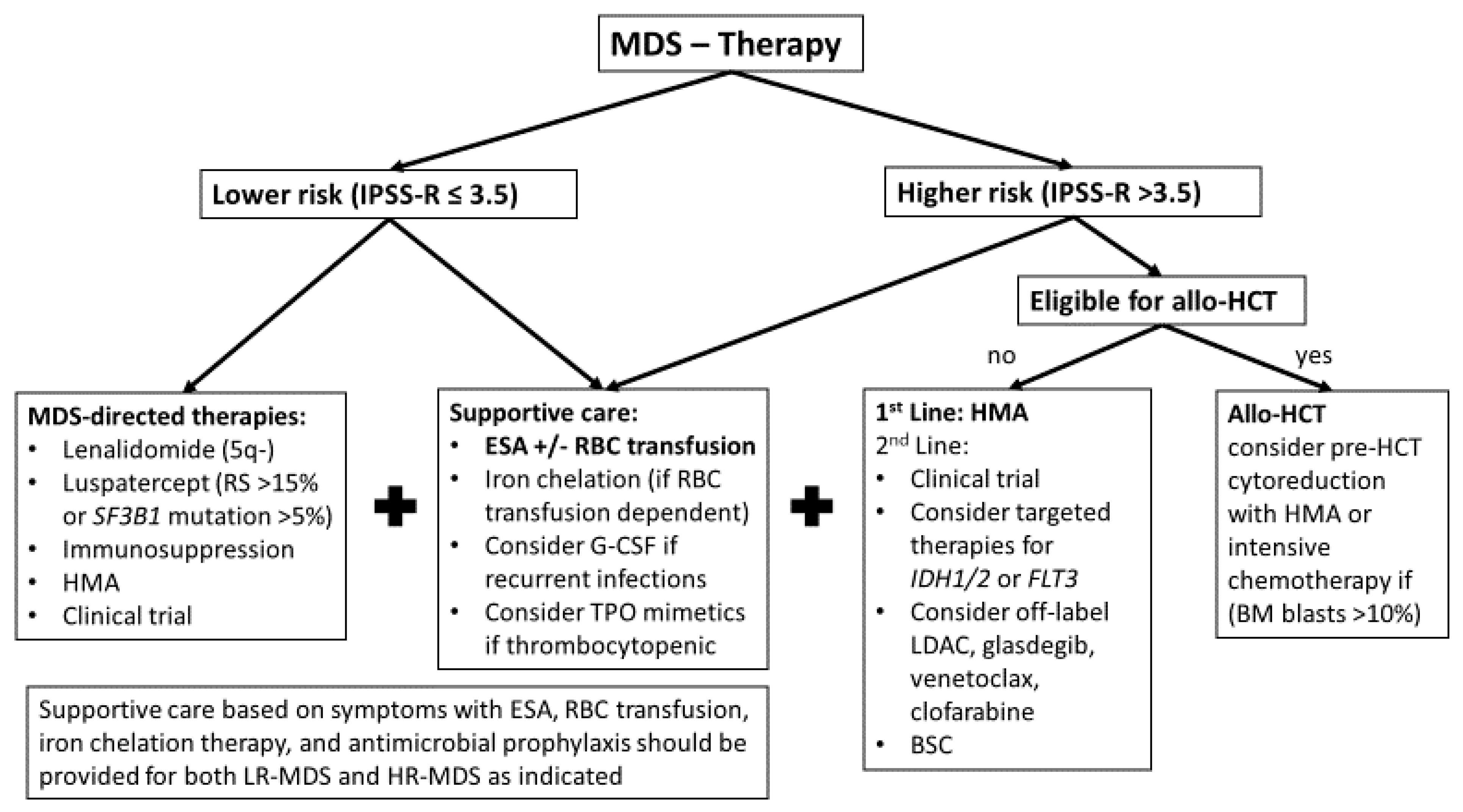

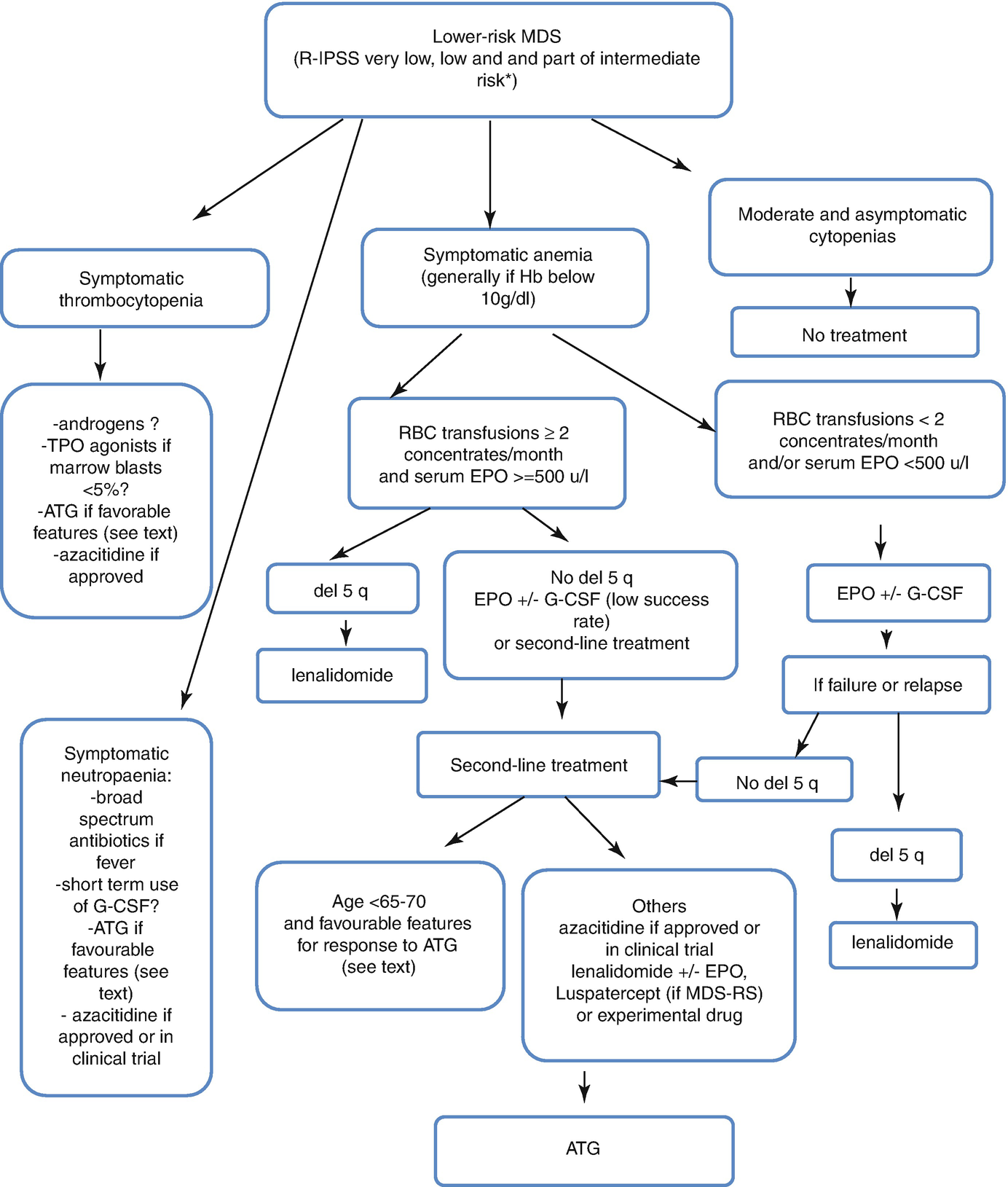


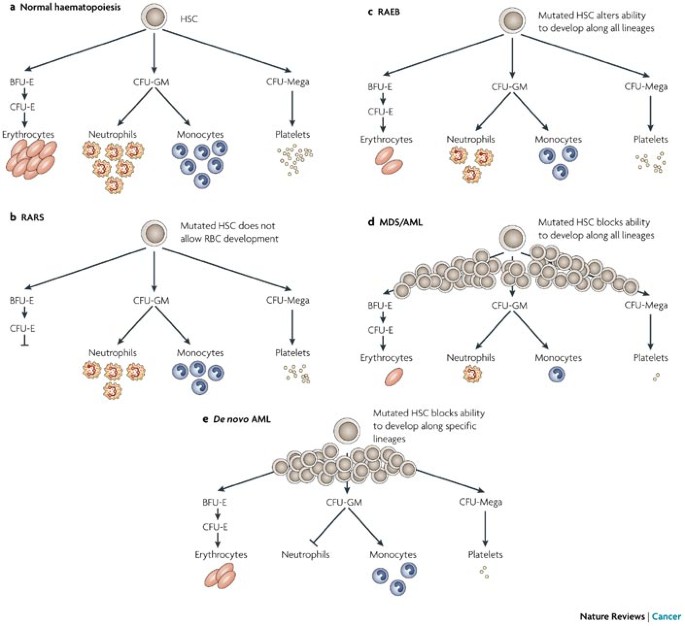






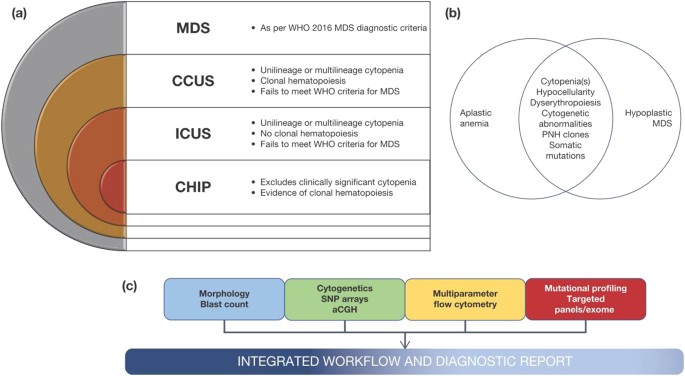



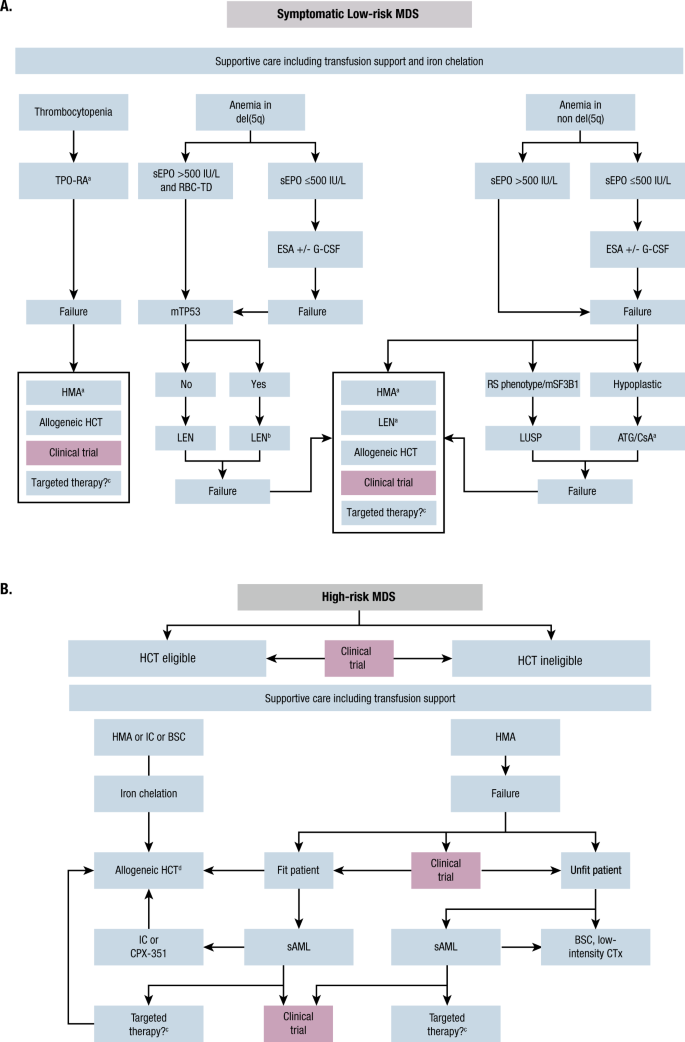





Post a Comment for "Mds Treatment In Elderly"